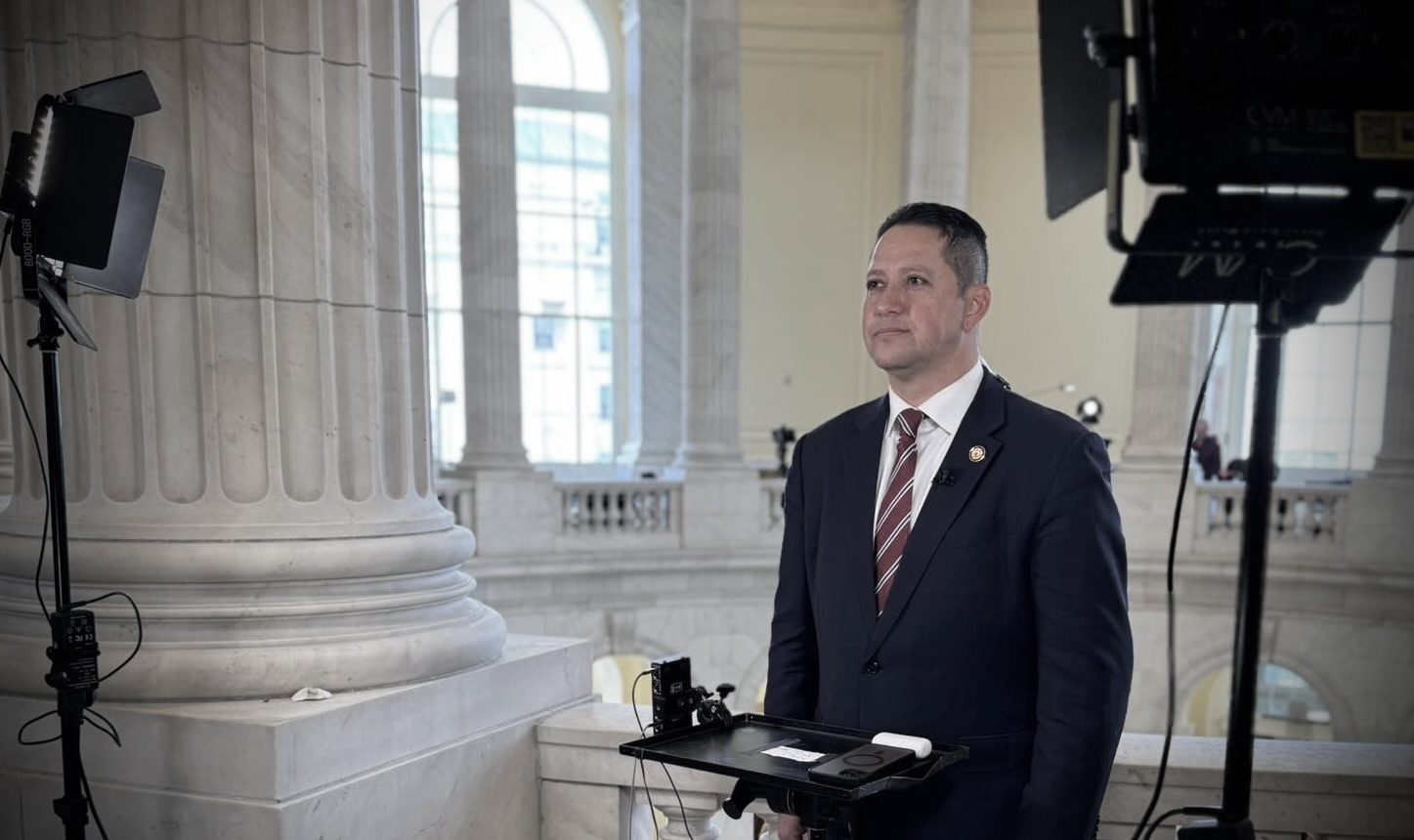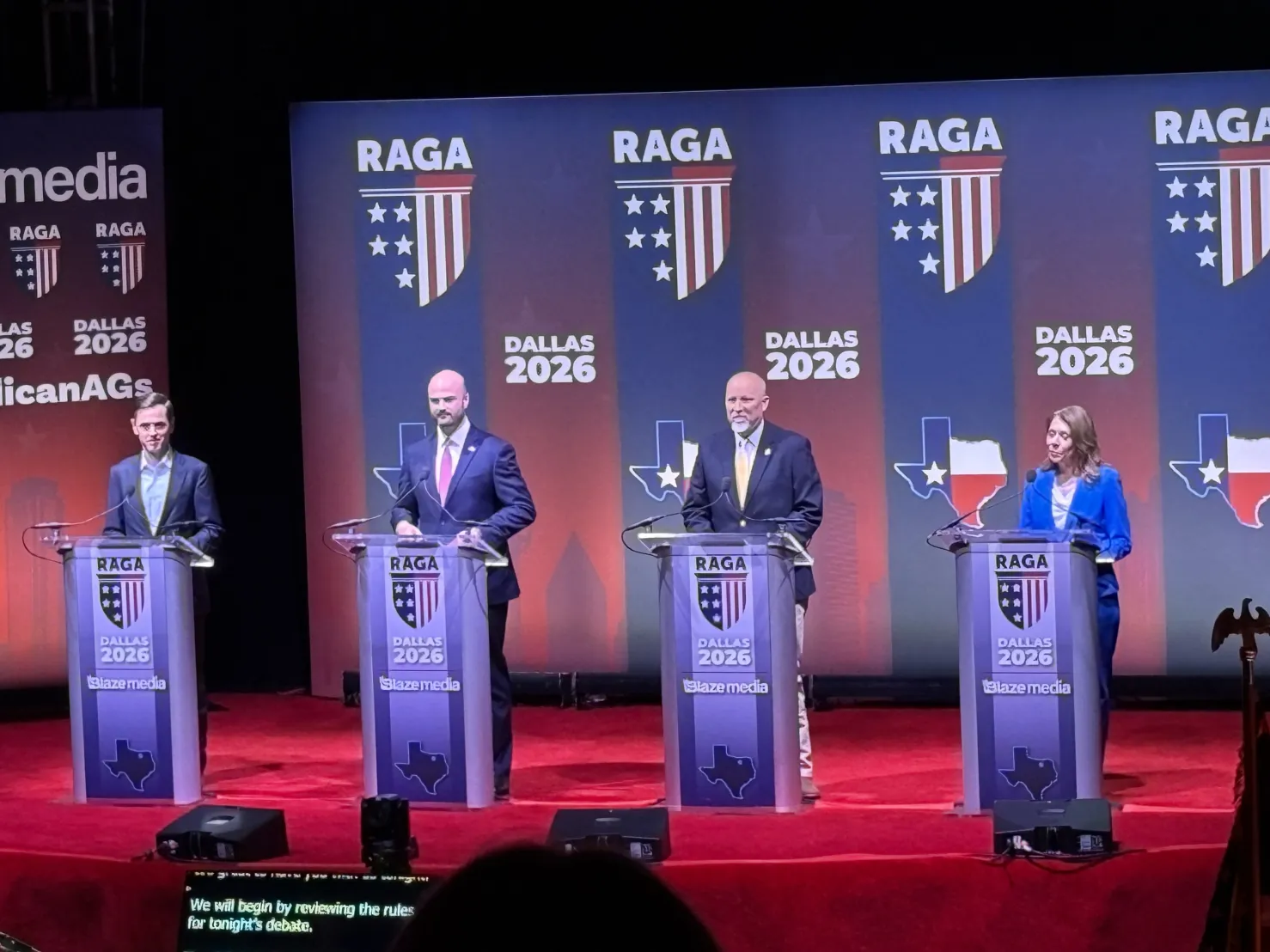The Republican Party of Texas has taken its long-running fight over “crossover voting” to federal court, filing suit against the State of Texas and Secretary of State Jane Nelson to demand the right to restrict participation in GOP primaries to registered Republicans only.
Filed Thursday in the Northern District of Texas, the lawsuit argues that Texas’ open primary system—in which Democrats and independents may choose a Republican ballot—violates the GOP’s First Amendment right of association. Party leaders say the current system allows non-Republicans to select GOP nominees, undermining both the party’s platform and its grassroots members.
“Today, the Republican Party of Texas has sought judicial relief to close our primary elections,” Chairman Abraham George said in a statement Thursday evening. “In Texas, Republicans, and only Republicans, should select Republican nominees.”
The lawsuit builds on Rule 46, adopted by Republican delegates at their convention in 2024 and strengthened this year, which requires voters to be registered Republicans before casting ballots in GOP primaries. The rule came in response to years of frustration with “Democrat interference” in Republican contests.
A change to the rule adopted earlier this year places the responsibility of maintaining party registrations with the Secretary of State. In other states with closed primaries, like Florida and New York, voters are required to declare their party affiliation when registering to vote. If implemented similarly in Texas, this deadline would fall about a month before the primary election.
The party’s complaint cites examples of close races allegedly swayed by crossover voters, including former House Speaker Dade Phelan’s narrow 2024 primary runoff victory over challenger David Covey. Phelan won by just 389 votes, a margin the lawsuit suggests may have been provided by Democrats preferring the more moderate incumbent.
Republicans point to a ballot proposition in 2024 where more than 72 percent of GOP primary voters supported restricting participation to Republicans only. Despite that directive, efforts by lawmakers this year to enact closed primaries—through bills filed by State Rep. Mike Schofield, State Rep. Briscoe Cain, and Sen. Mayes Middleton—failed to pass.
Without legislative action, Secretary of State Jane Nelson has indicated she will only certify candidates chosen through the current open system. That prompted Thursday’s lawsuit, which asks the court to declare Texas’ open primary laws unconstitutional as applied to the Republican Party and to block their enforcement.
The party argues that without judicial relief, it will be forced to run open primaries in 2026 and beyond, effectively allowing Democrats to continue shaping GOP nominations.
“This lawsuit is about protecting Republicans’ right to choose their own standard-bearers,” said George. “Only Republicans should pick Republican nominees. That’s how we defend our platform, our values, and our future.”
If successful, the case could mark the most significant shift in Texas primary election law in decades, setting the stage for closed Republican primaries as soon as 2026.
Alicia Pierce, a spokesperson for the Secretary of State, told Texas Scorecard, “As always, the Secretary of State’s Office is committed to fair, orderly and legal elections. Preparations for the March 3 primary election are already well underway in accordance with state laws. Our counsel will review the lawsuit.”




